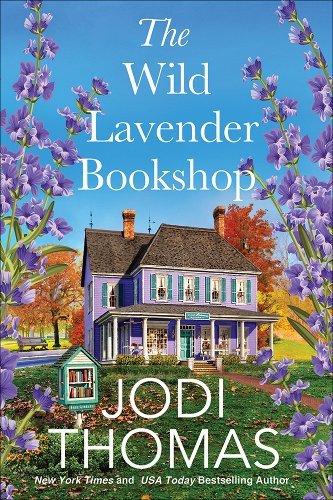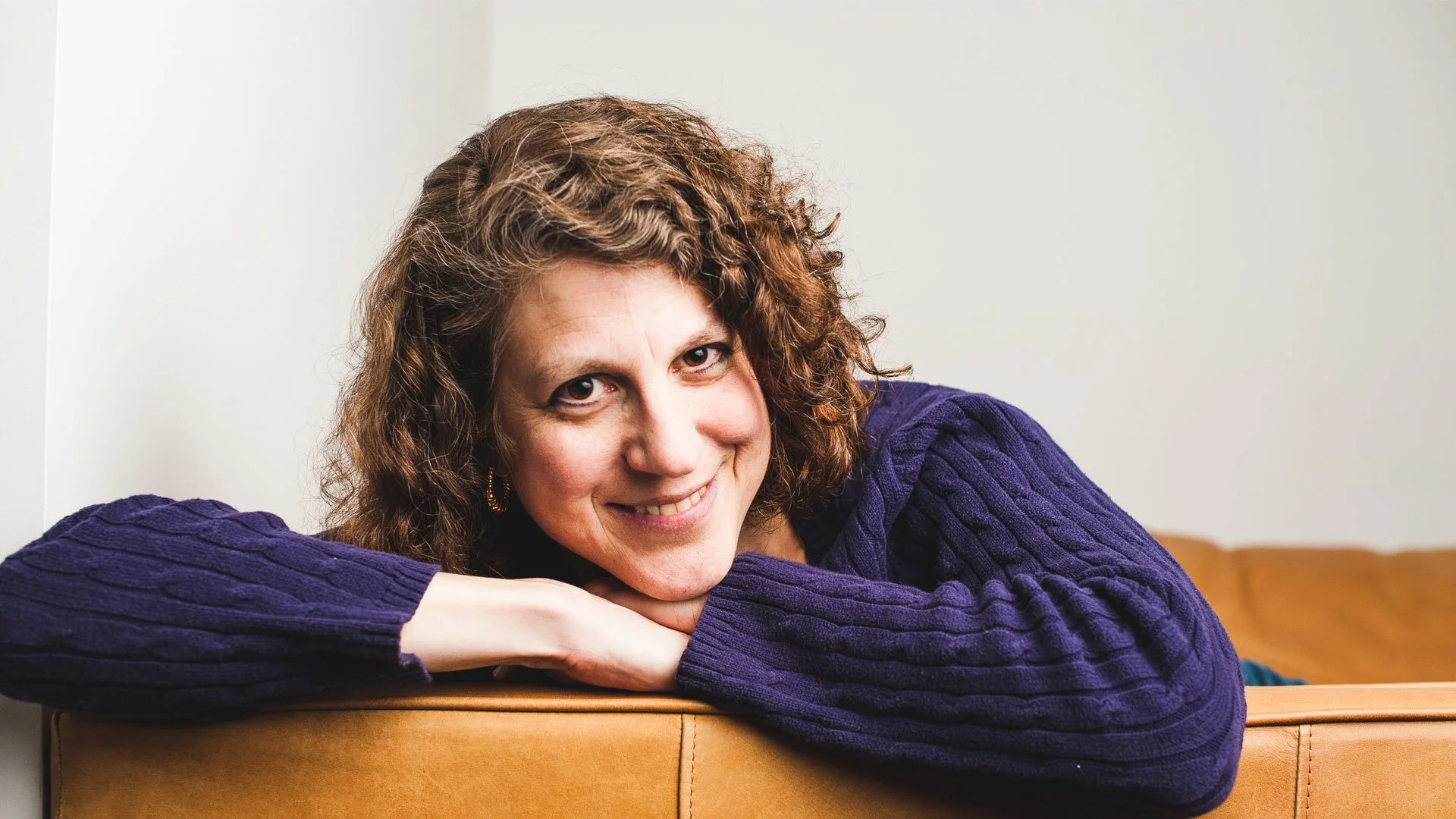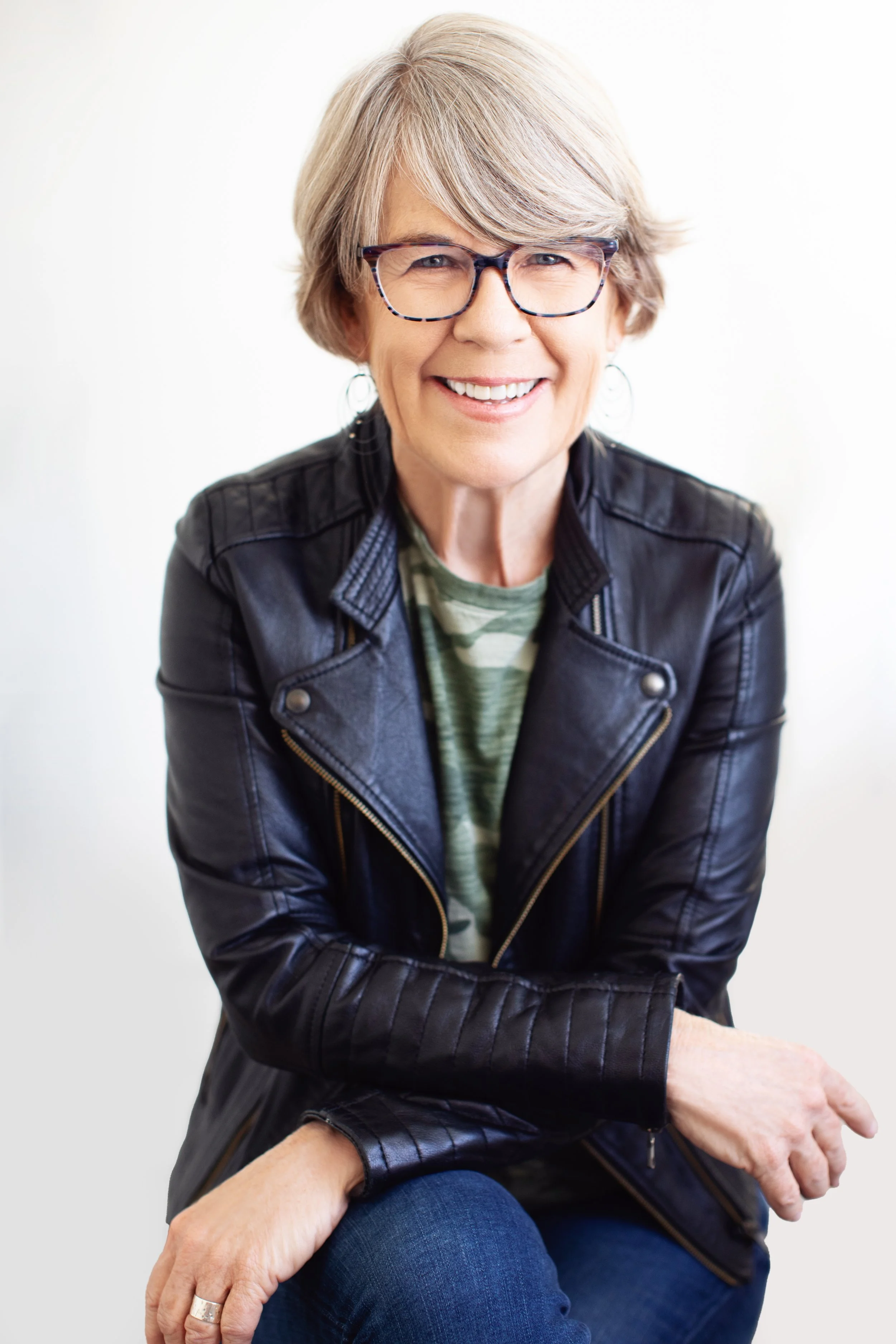Q&A with Christine Brae
/In This Life follows the story of Anna Dillon, who wants to escape her busy life in New York City before she starts medical school in the spring. She ends up volunteering on a medical mission in Thailand with her best friend, Dante. There she meets the passionate and enigmatic Jude Grayson. They’re immediately drawn to him and they share a brief, but fervent affair.
Then Anna has to rush home for a medical emergency, and Jude promises that he’ll stay in touch. But he doesn’t, and Anna tries desperately to move on.
Five years later, and she’s married Dante, after giving up hope that Jude will ever return. And then one day, in a chance meeting, they come face to face again. Anna then she learns the life-altering secret of why Jude never called, and why they can’t be together. But passion that ignited on that Thai beach never died, and it becomes impossible for them to stay apart.
How did you start writing? Was it always something you saw yourself doing?
I’ve been writing ever since I was a little girl. Mostly poems and love letters, to my loved ones when I was younger and then to a boyfriend when I was in high school and college. I always knew I would be writing. What I never imagined was that I would publish my words!
What was the hardest part about writing this book?
I think that the most difficult part about writing this book was trying to find the best way to give every character a personality and a voice. This book is focused on Anna and her journey as a girl and as a woman. But it is also a story about friendship and destiny. I wanted to write a story that would express the answers that I was searching for a few years ago. Something happened to me, something so out of the blue – and since I’ve always believed that things happen for a reason, I wanted to let people know – hey you know what, despite all your wishes, and prayers and everything you do to make things work out in your favor, sometimes, it’s just not meant for you. It’s a hard thing to accept, you know? And it took two years for me to really figure things out.
It was really a challenge to embody these characters with that one lesson.
What’s your favorite aspect about Anna? And Dante and Jude?
Do you know that all my characters in all my books have names that mean something?
Anna is strong and unapologetic. She does not hide her confusion, her fallibility and her stupidity. Anna means “grace”. I think she handles things so gracefully, especially as she grows and evolves as a woman. Dante means “enduring.” This is his key quality. He is Anna’s loyal friend. Jude means “the chosen one.” Jude accepts his fate. He does not deny it. He lives in truth.
What about your least favorite?
I don’t like that Anna settled for Dante when she was in love with someone else. But we all do that. I did. I know so many people who do too. It’s human nature, the need we have to please, to do what people think is the right thing. Dante was perfect. There is nothing wrong with him! And Jude – I think he was too serious. He needed to lighten up a bit.
Is there anything else you’ve got planned for the future?
The movie option was the highlight of my 2016 year! I am so looking forward to the next phase of this process and seeing who will be cast as Jude and Dante! But I must tell you – I have a new book, Eight Goodbyes – which I just finished and am so proud to share with you this year. It’s a simple, not angsty, not tear-jerkery book that I really think you’ll enjoy. The movie and a new book and two book tours this year – I think I can tell you that I’ve got 2017 well covered.





















